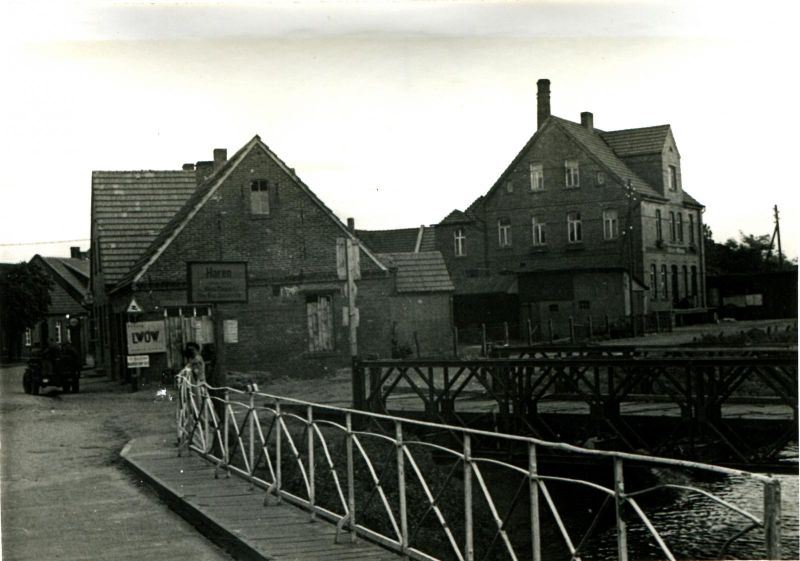Maczków. A Polish enclave in North Germany
Mediathek Sorted
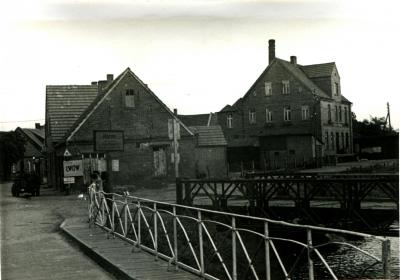

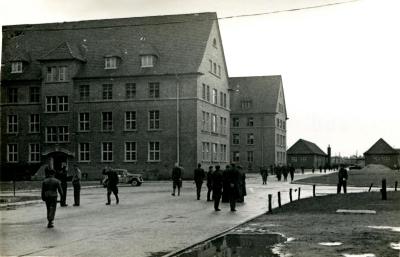
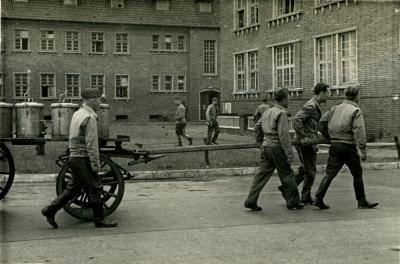
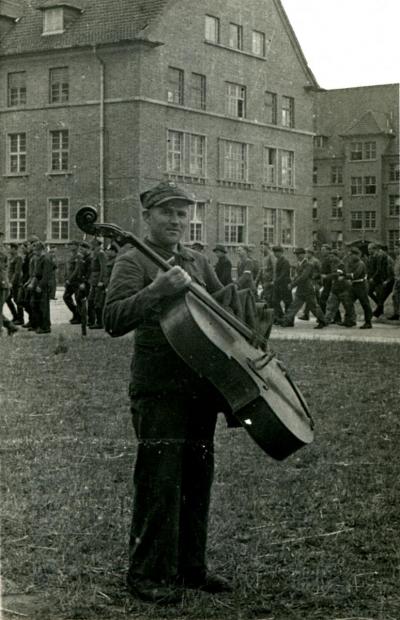
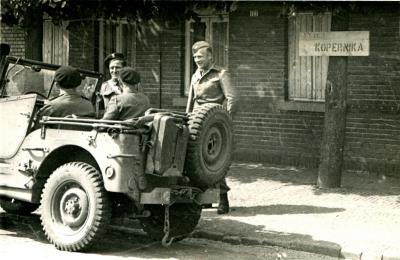
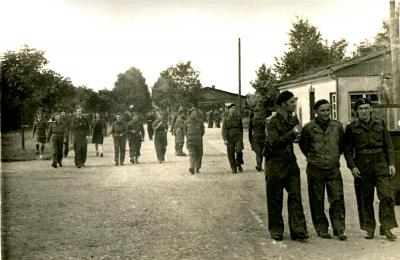
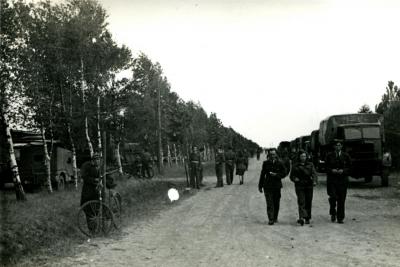
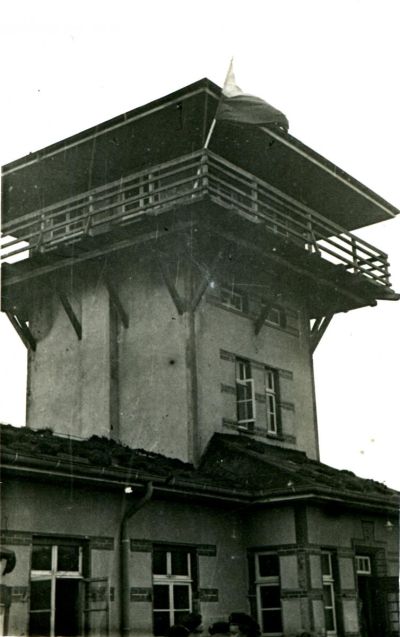
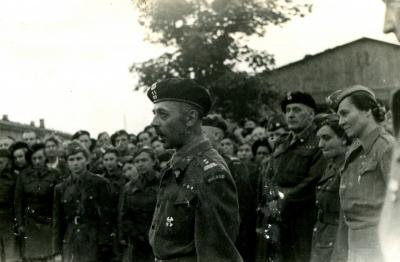
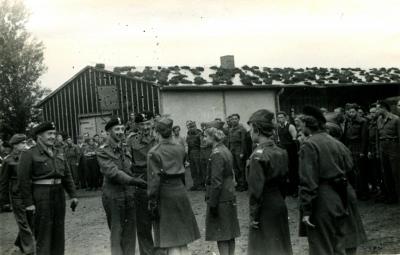
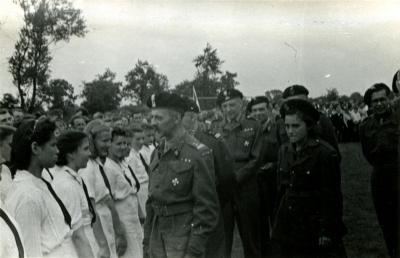
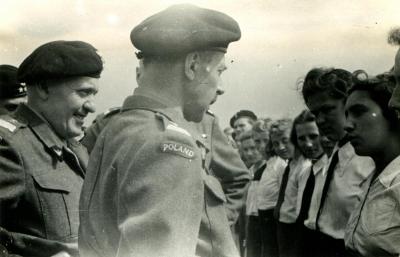
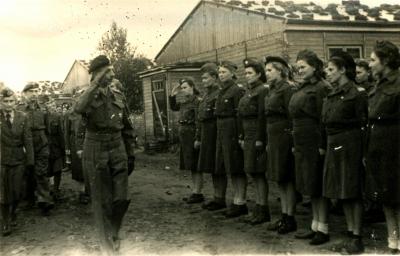
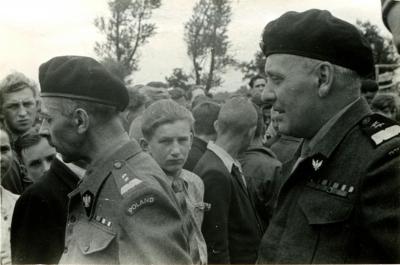
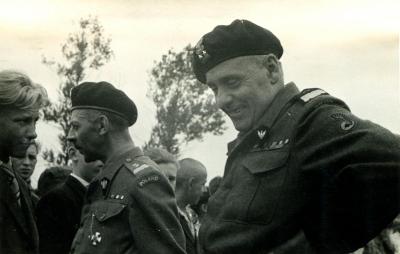
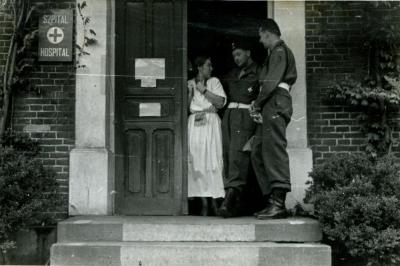
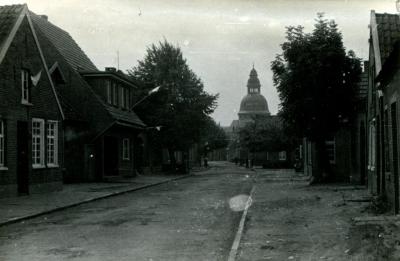
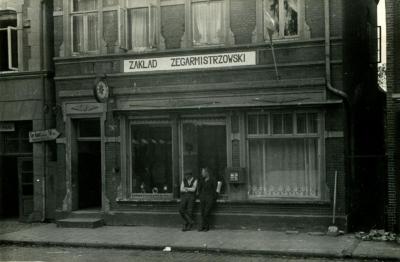
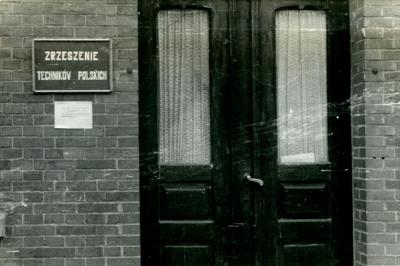
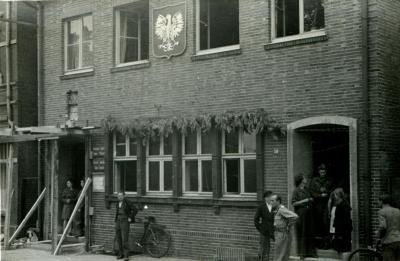
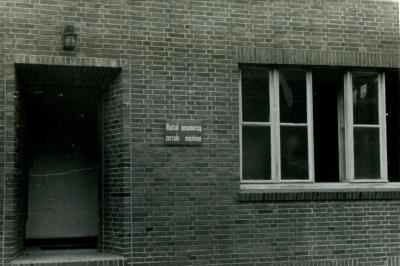
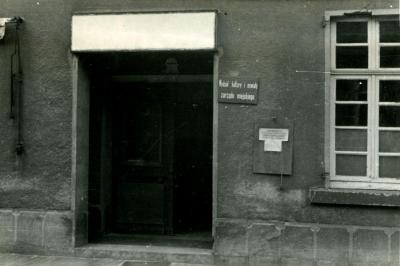
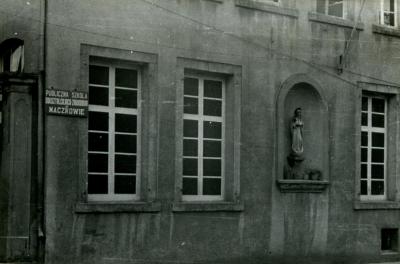
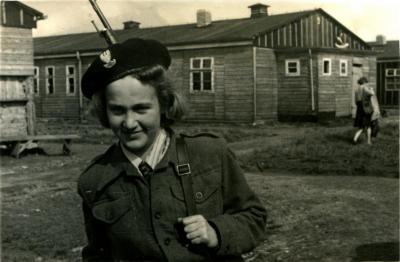
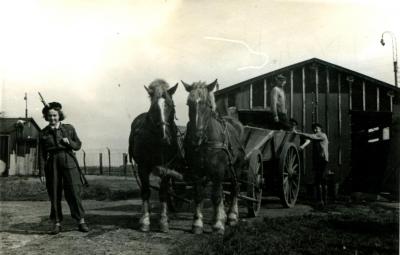
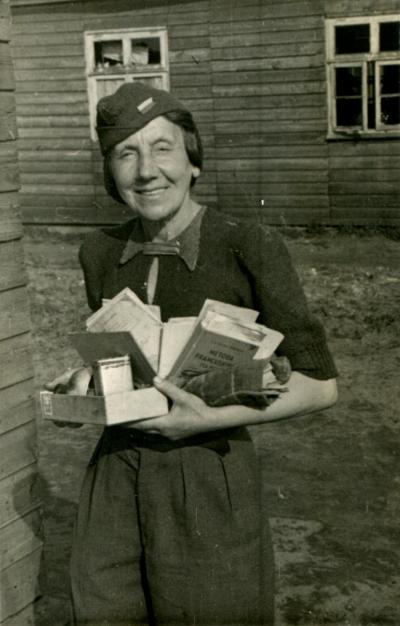
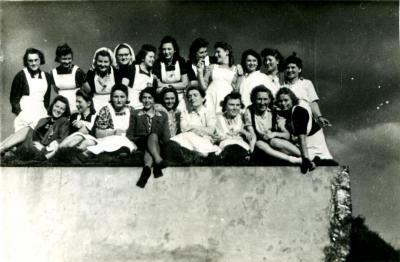
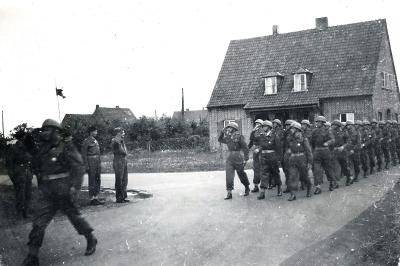




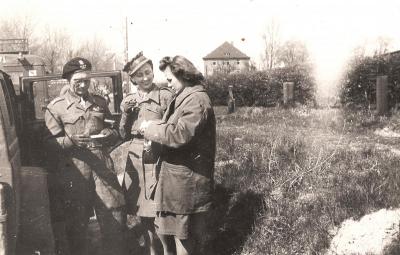
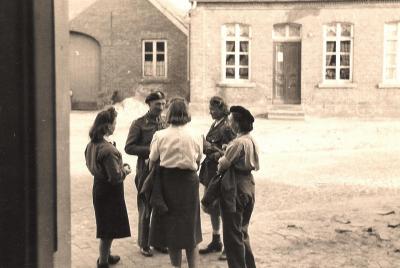
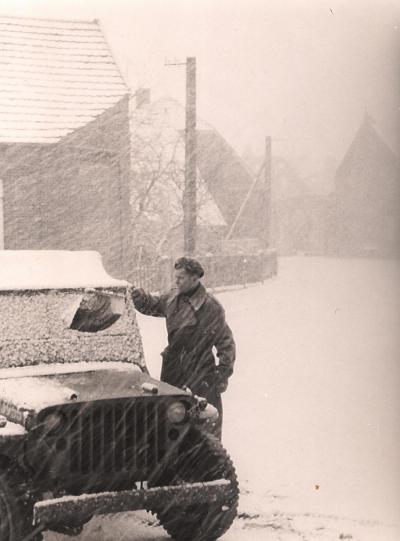

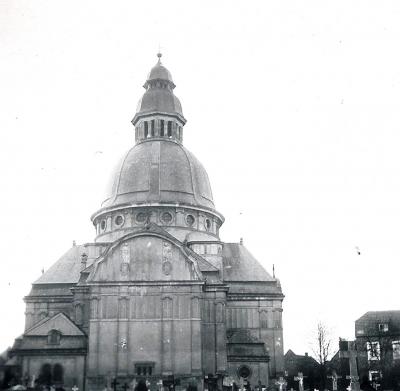
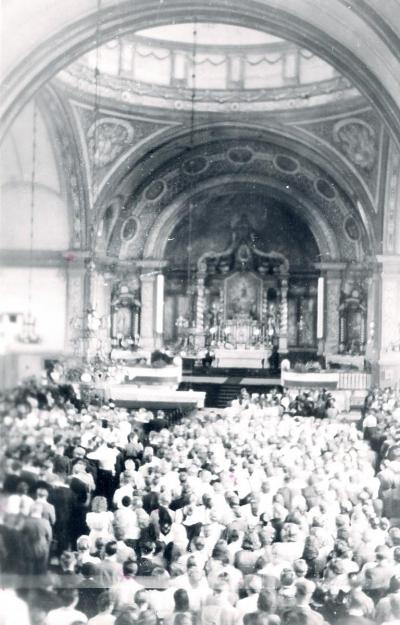
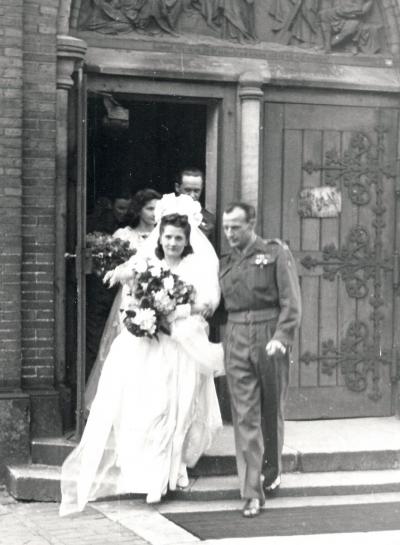


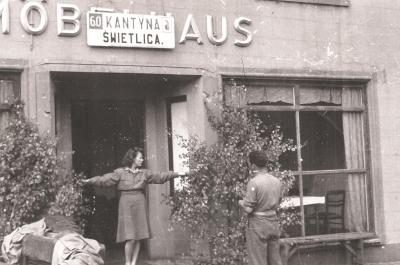



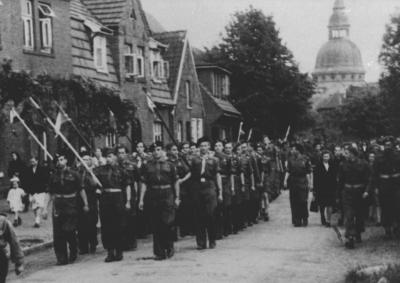

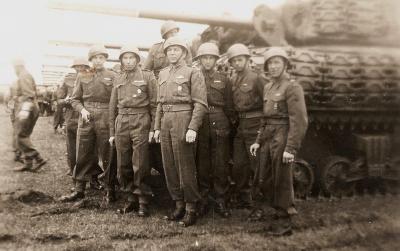
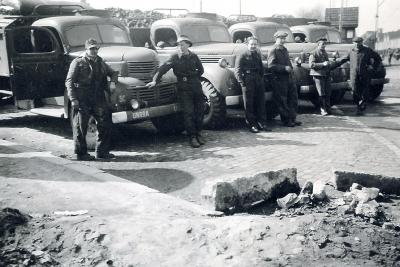
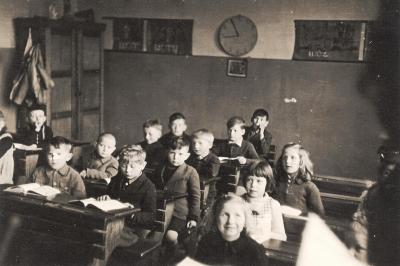
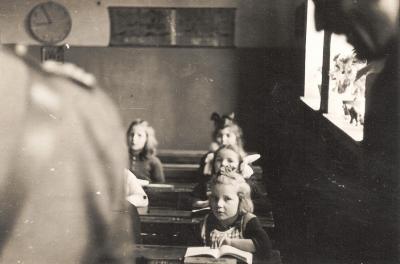
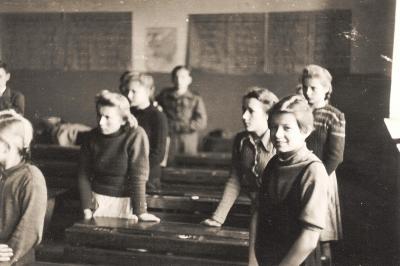
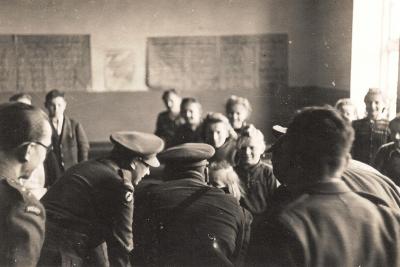
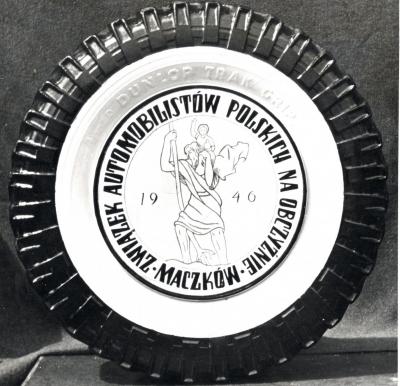












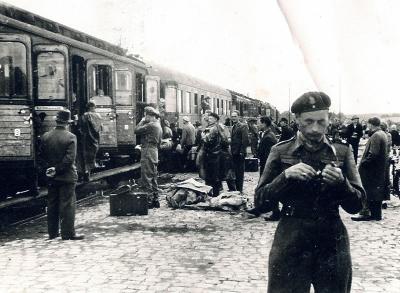
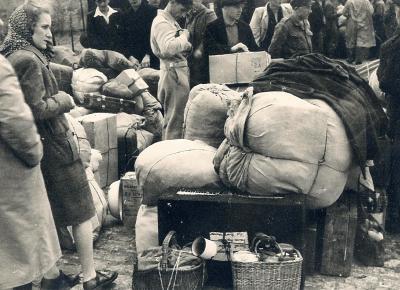
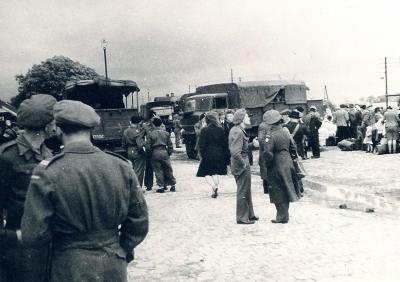
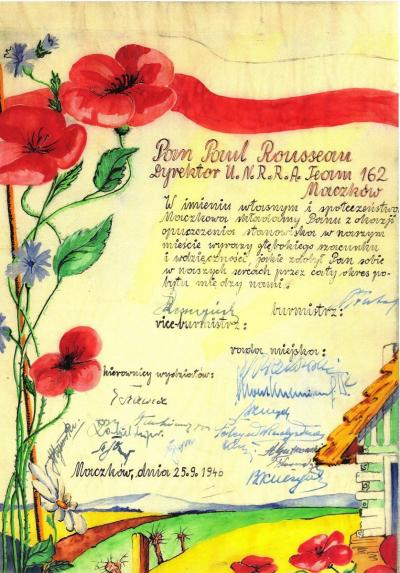
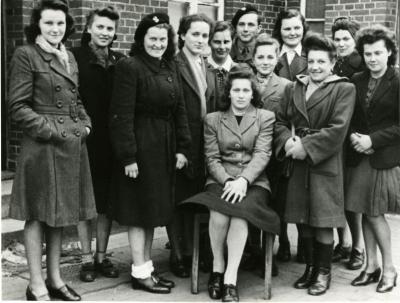
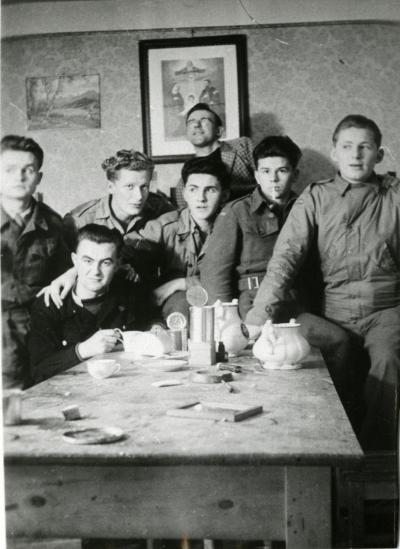
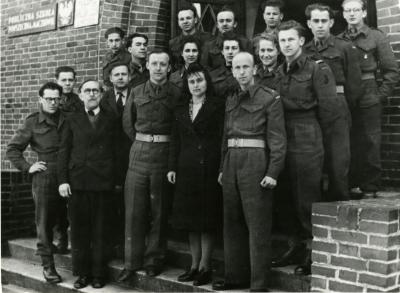
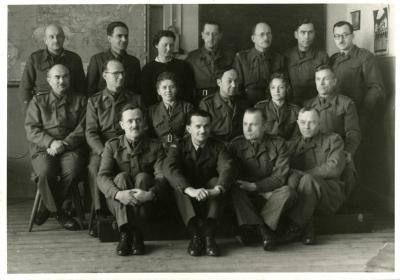
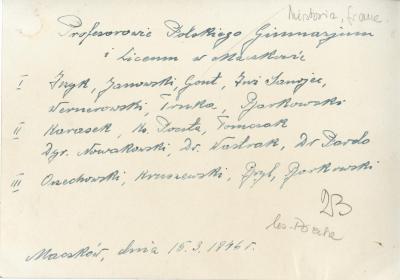
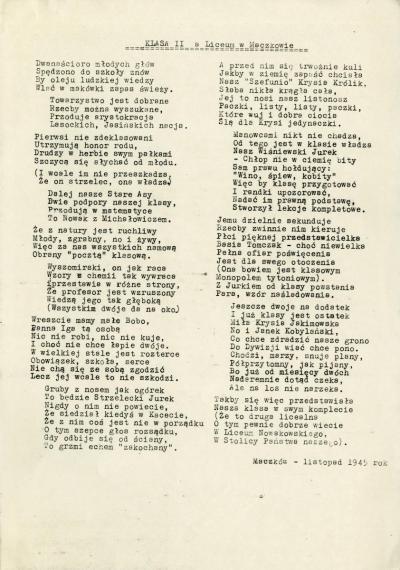
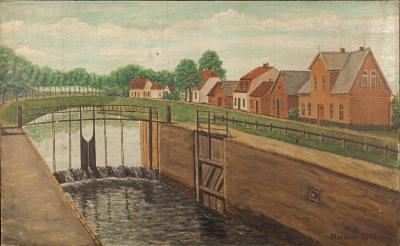
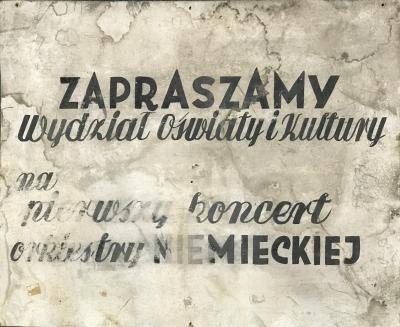
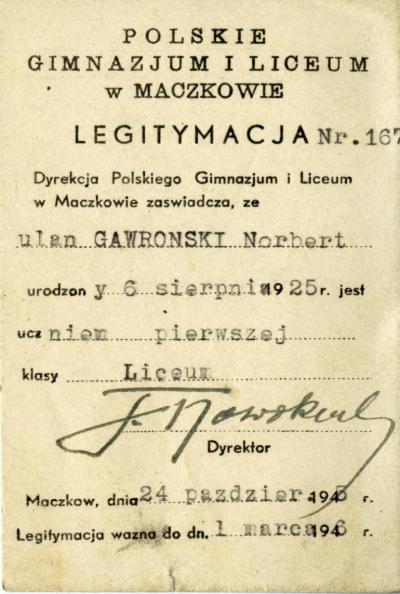
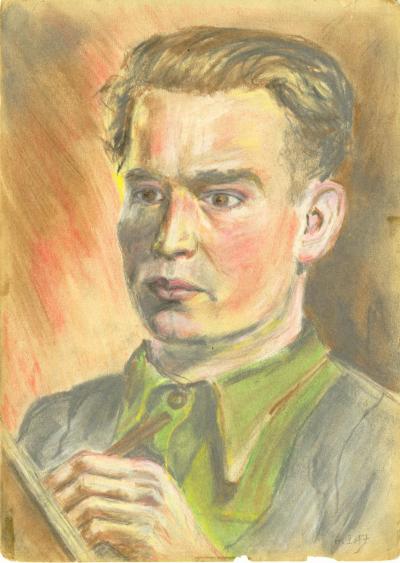





Maczków. Polnische Enklave in Norddeutschland - Hörspiel von "COSMO Radio po polsku" auf Deutsch

Paradies auf Zeit - wie aus Haren Maczków wurde




























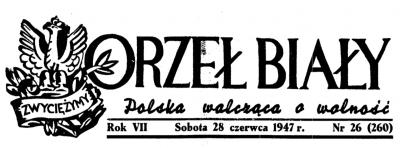
















































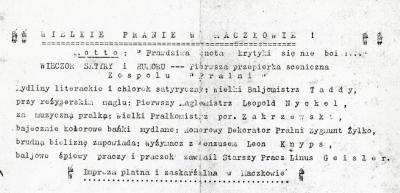


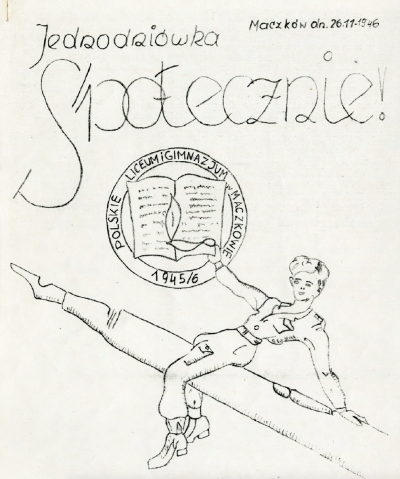












The Polish Administration
The establishment of an administrative structure was of fundamental importance for the organisation of life in the Polish community. As a result, a mayor and a twelve-member town council were elected. The first incumbent was Zygmunt Gałecki. His successor was Mieczysław Futa. In addition, the town was given a new official seal with a fresh coat of arms showing the standard of the First Armoured Division: a poppy, a steel helmet and a hussar's wing.
One of the main tasks of the city administration was the allocation of food, goods and accommodation. A police force and fire brigade were reestablished and canteens were also set up. This was necessary in view of the many people who had been left on their own and the problems with resources. Food supplies were initially in the hands of the military authorities and were later transferred to aid organisations like UNRRA (the United Nations Relief and Rehabilitation Agency) and IRO (the International Refugee Organisation).
Culture
Maczków had a flourishing cultural life. There was the Wojciech-Bogusławski Folk Theatre (Teatr Ludowy im. Wojciecha Bogusławskiego) and the puppet theatre, “Kukiełki Maczkowskie“ (the Maczkow Marionettes). In January 1946 both companies staged four plays. The satirical show "Big Laundry", which focused on everyday life in the now Polish town, proved very popular. The residents enjoyed these shows and the theatre with its 300 seats was always sold out.
Likewise, press publications issued by the DPs and the Polish Division were read very carefully. In Maczków. These included the newspaper "Biuletyn" (The Bulletin), the "Dziennik Żołnierza 1. Dywizji Pancernej" (The Soldier's Day Gazette of the First Tank Division) and "Defilada. Tygodnik Polskich Sił Zbrojnych w Niemczech" (The Parade. The Weekly Journal of the Polish Armed Forces in Germany). The latter two publications had a total circulation of 90,000 until the Division was transferred to Great Britain in May 1947. The Warsaw magazine "Repatriant" (The Homecomer) was also published in the town, but it was not well received in Maczków, because its propaganda calling for a return to Poland was too blatant and information about living conditions in Poland was too sketchy and uncertain.
The town also had a cinema, a library with a reading room and some cultural rooms. The dance halls, where people could amuse themselves three times a week to the sounds of a specially created orchestra, enjoyed great popularity.
Maczków was also regularly visited by performers mediated by the Polish department of the YMCA and the I. Tank Division. There was a wide variety of repertoire, from musicals to ballet evenings to cabaret. The citizens of the town also had the opportunity to listen to recitations by the poet Konstanty Ildefons Gałczyński. A well-known director, León Schiller supported the construction of the theatre. There was even a circus in the town. Maczków was also the home of young artists who gained great fame after returning to Poland or emigrating to other countries. These included people like Józef Szajna, a leading representative of Polish art and theatre, and the famous architect Norbert Gawroński, who later worked in Amsterdam.





















































































